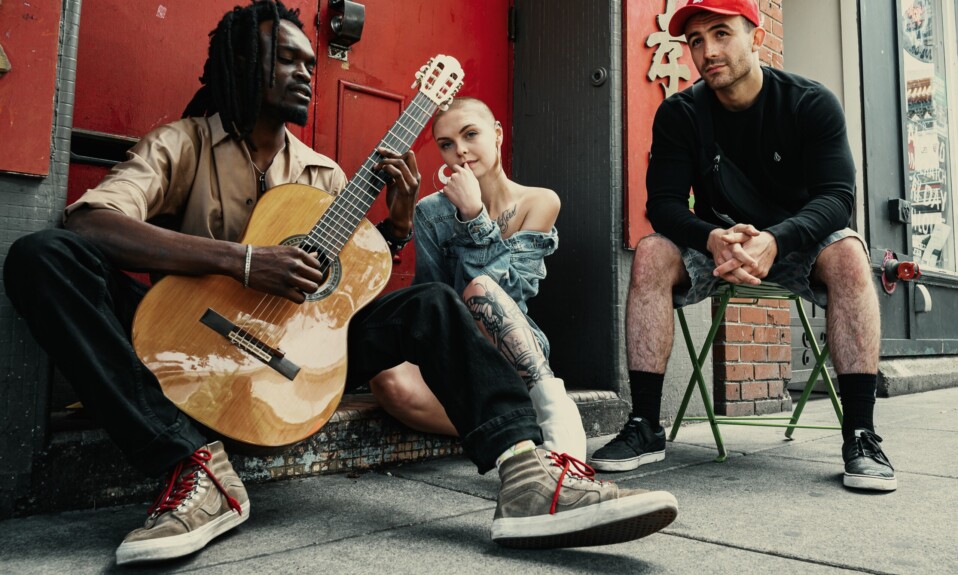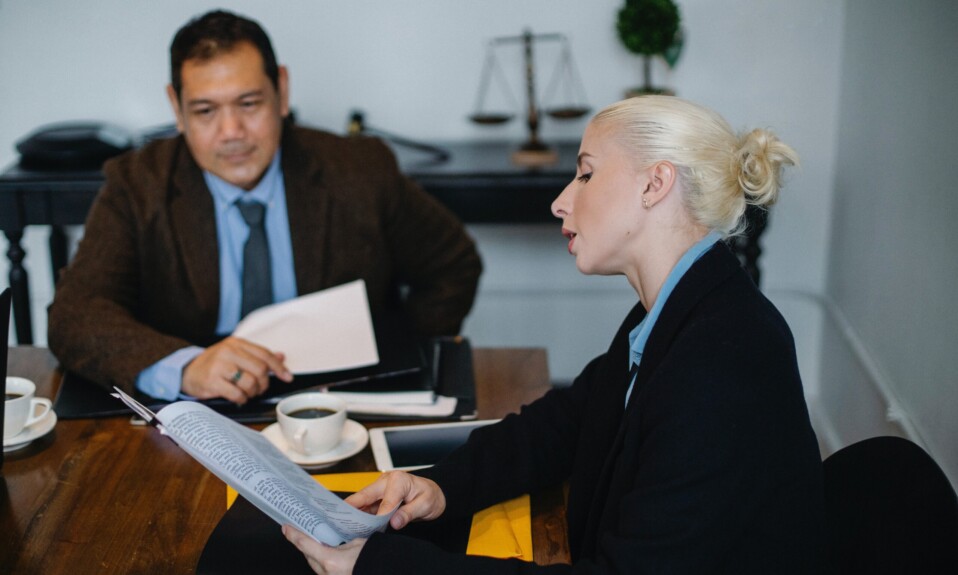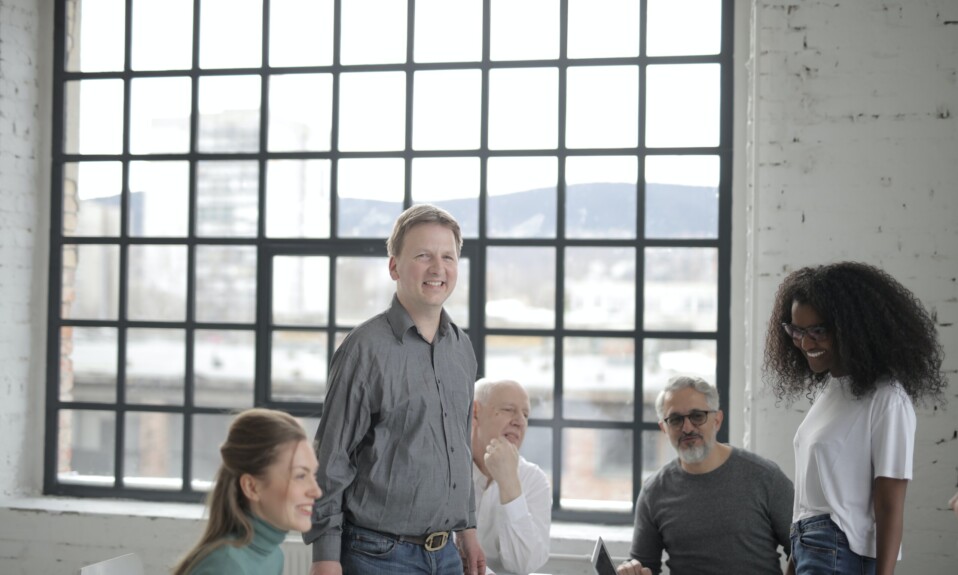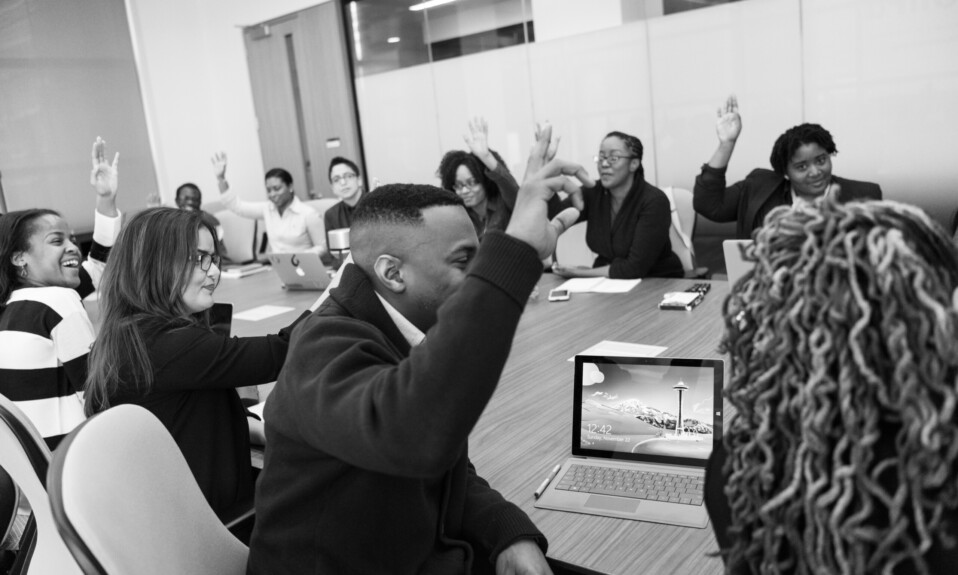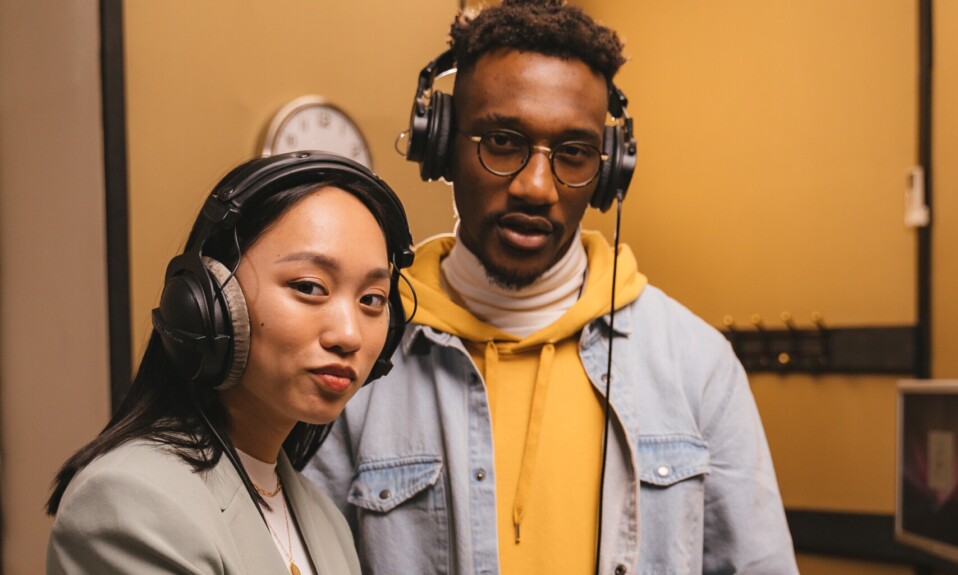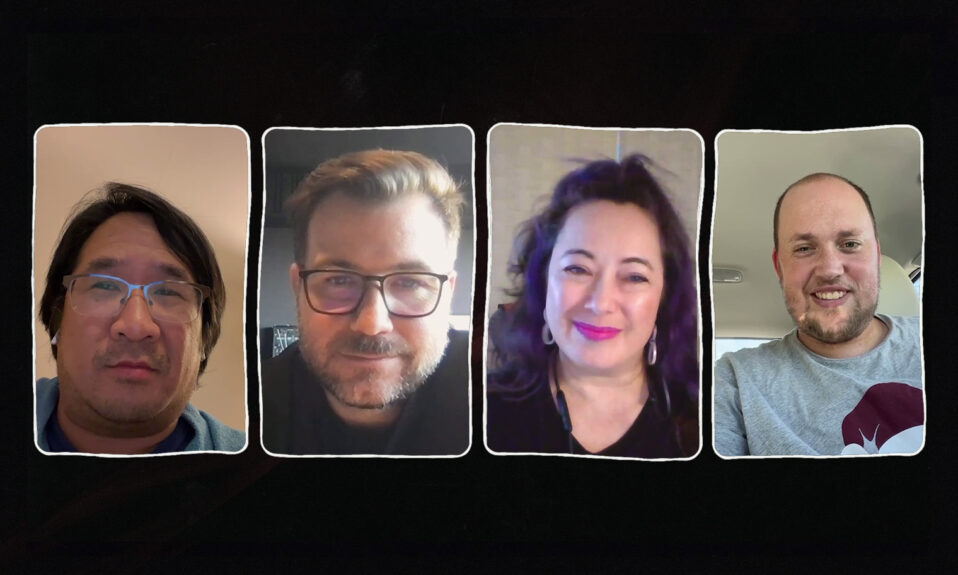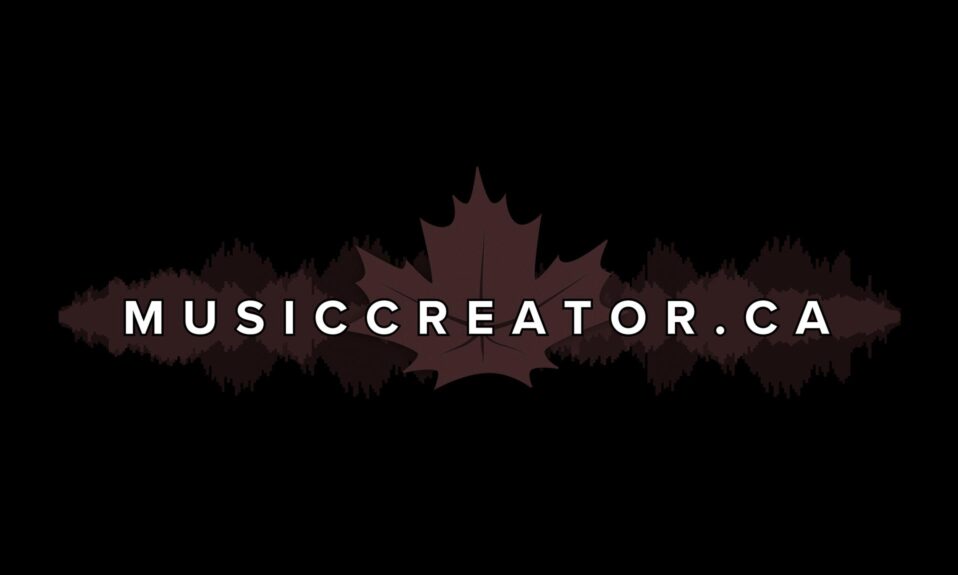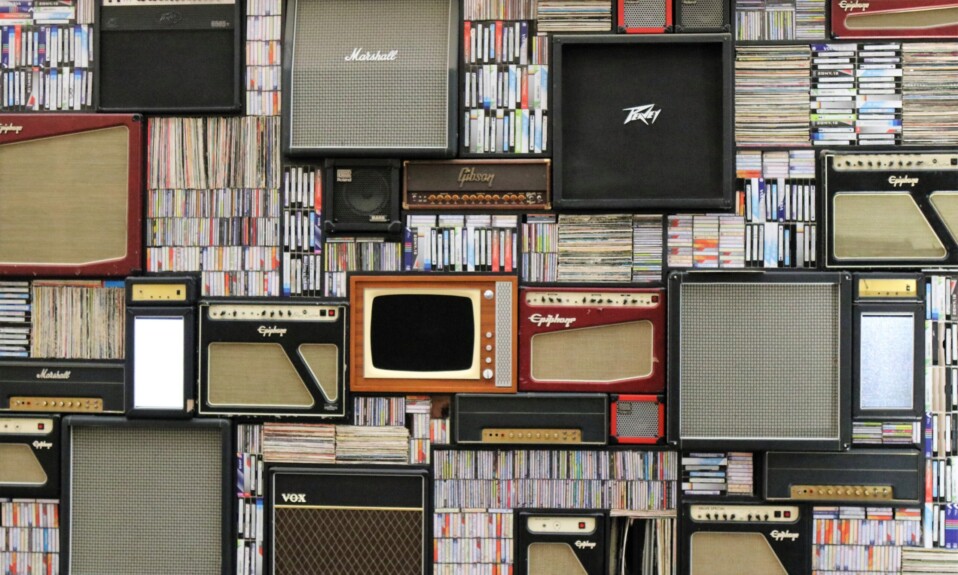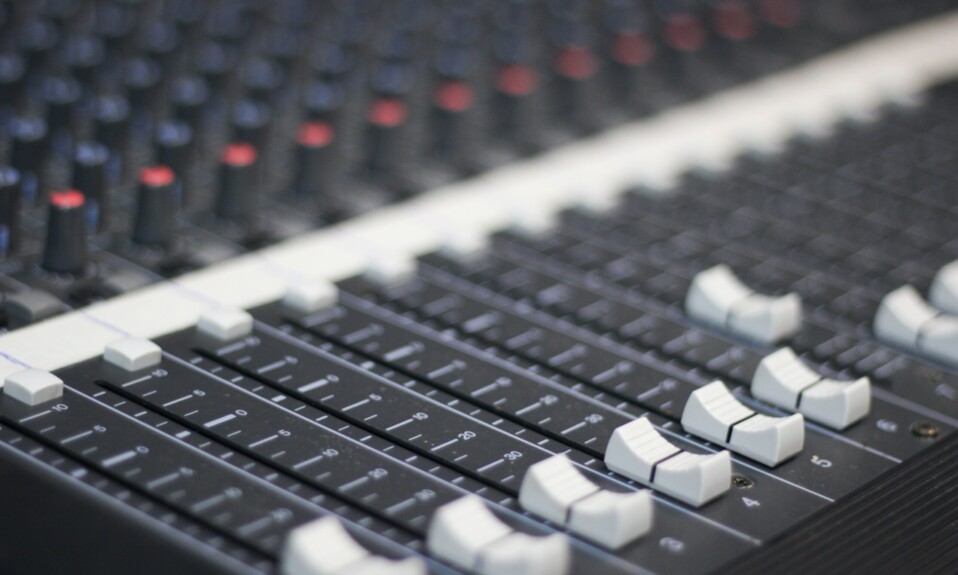
What rights are generated when a sound recording is produced? How can the owner grant others the right to use it?
In the context of intellectual property, exploitation is a positive thing in most countries. The more a creation is legally exploited—that is, sold, performed, published, adapted, translated, synchronized, copied, or otherwise used—the more income it generates for the creator.
Music creators must understand what legal rights they’re affordedand how those rights can be administered and protected in order to maximize their revenue and collect every dollar they’re entitled to.
Master Rights
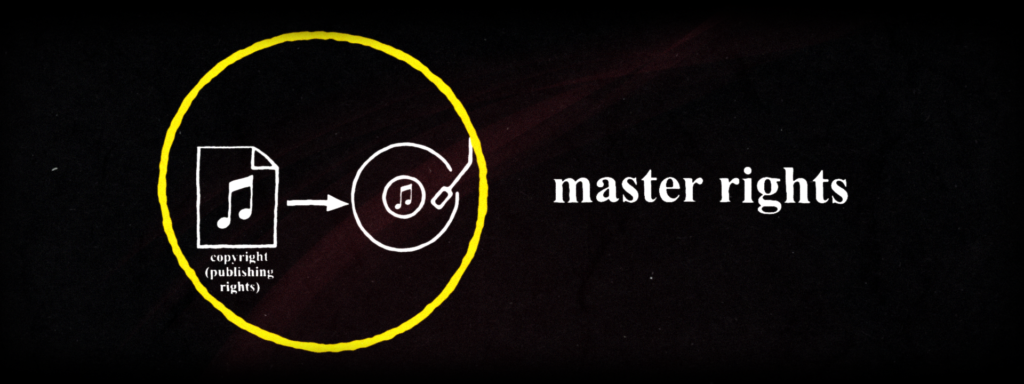
A “master recording” (or simply “master”) is made when a music creator either records their own work or authorizes another party (like a performer, producer, or label) to do so by way of a mechanical licence.
As soon as this occurs, a copyright in the sound recording—which is separate from the copyright in the musical work—is generated. As an example, the melody and lyrics to Leonard Cohen’s song “Hallelujah” (i.e., the musical work) are protected under one copyright, and his 1984 studio recording of the song is protected under another. Moreover, every recorded cover of the song—by Jeff Buckley, Rufus Wainwright, k.d. lang, etc.—has generated its own separate copyright as well, but the maker of each had to secure permission to reproduce the work.
The copyright in a sound recording is protected for a term of 70 years, beginning at the end of the calendar year in which it was created. However, if the recording is published before the copyright expires, the copyright continues until the earlier of 75 years after the recording’s first publication, or 100 years after its creation (beginning at the end of the calendar year of publication and creation, respectively).
The Copyright Act gives the owner of the master recording the exclusive right to publish it, physically reproduce it, rent it out, and share it with the public via on-demand telecommunication. These are collectively referred to as “master rights” (while “publishing rights” refer to the copyright in the musical work itself), and they’re held by various entities, depending on the context of the recording:
- Master rights in a sound recording of a musical work may reside with the record label, the artist (if they’re unsigned and self-produced), or, more commonly, a combination of the two, based on a share split outlined in a recording contract that almost always heavily favours the label.
- Master rights in a sound recording of a musical work that’s specifically written for use in an AV production may be assigned to the production company by the music creator (who typically produces the master), or they may remain with the creator, who licenses the sound recording to the production company.
Master-Use Licensing
When a licensee, such as a production company or a music producer, wishes to use a sound recording (or any part of it) in one of their projects, they must first purchase what’s called a “master-use licence” from the owners of the recording (or master rights holders). However, this only gives the licensee the right to use the recording—not the musical work itself—which is why they also need to purchase a synchronization (sync) licence from the owners of the work (or publishing rights holders) in order to fully “clear” the sound recording.
Further, when the licensee, as part of their own production, publicly performs or reproduces the licensed sound recording in various ways, both the master rights holders (i.e., the label and/or performers) and the publishing rights holders (i.e., the music creator and publisher) are entitled to receive different types of royalties.
For example, if Celine Dion’s cover of “It’s All Coming Back to Me Now” is sampled in another song that’s played on a Canadian radio station, the writer of the sampled song (Jim Steinman) and the music publishers (Lost Boys Music and Universal Songs of Polygram International Inc.) are entitled to receive both performance and mechanical royalties, while the label (Columbia/Epic Records) and performers (Dion, background vocalists, and instrumentalists) are entitled to receive neighbouring rights royalties.


